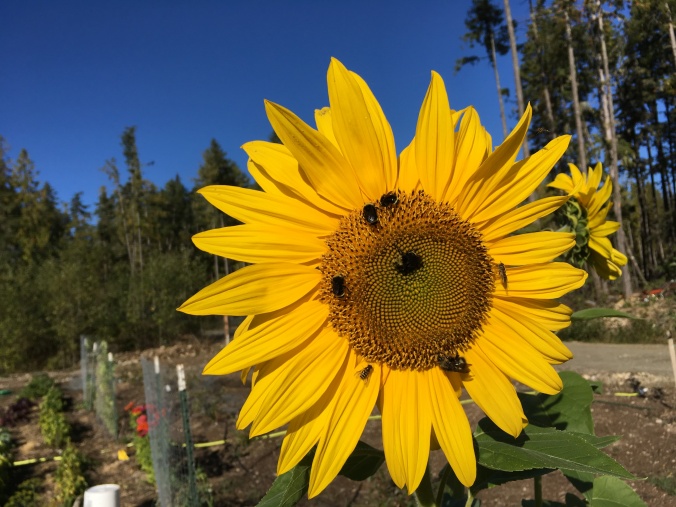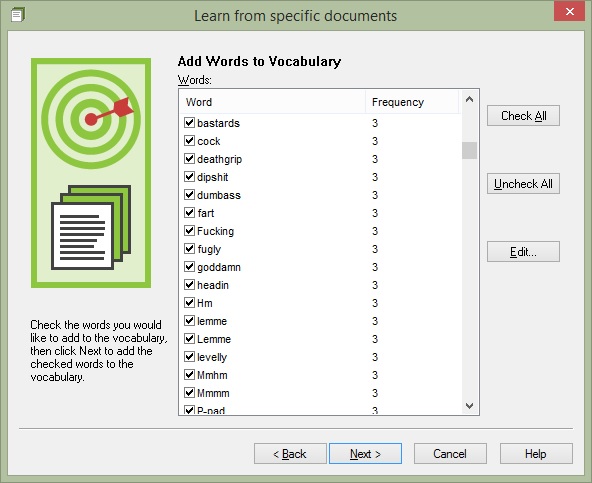Now that I’m in the final stages of polishing Book 15, my brain has apparently decided to become creative in more questionable ways. For instance, last week I figured out why language skills seem to diminish with age.
It’s not normal aging. It’s not even dementia. No, the cause is much more widespread and insidious.
It’s marriage.
I determined this through exhaustive scientific research, of course. To be exact, it occurred to me at the dinner table.
Hubby and I were chatting about nothing in particular when I mentioned that I’d finally taken time to clean my engagement ring. I’m an avid gardener and even though I always wear gardening gloves, fine particles of soil sift through the fabric and sully my diamond.
I attempted to communicate that idea as follows:
“I always wear gloves, but you know how fine dust always comes through the…”
I didn’t bother to complete the sentence. Hubby was already nodding, so I knew he’d gotten it.
And that’s when it hit me: After being together for twenty years, we don’t have to finish our sentences anymore. We each know what the other means. (Or we don’t; and then we accuse each other of conversations that never actually took place. Marriage is all about give and take: Give blame, take credit.)
But it proves my point: We don’t lose language skills as we get older; we just expect others to decipher our meaning after only a few cryptic words.
And Hubby and I have only been married for a couple of decades. People who have been married for fifty years probably don’t even need to use nouns. In another few decades, this will be our dinner conversation:
“Did you…”
“Yep.”
“How about…”
“Uh-huh. But don’t forget the…”
“Got it.”
If we were married even longer, we could probably communicate with only the lift of an eyebrow and a nod. (Or the lift of a certain finger; but that’s more of a universal gesture so I’m excluding it from my scholarly research.)
But now that I’ve identified the problem, I’m stumped for a solution. It seems like a lot of work to change my habits just for the sake of keeping up language skills; and it’ll likely be a while before the COVID-19 isolation protocols are relaxed enough that I can visit regularly with people who require me to express complete ideas.
So I guess I’ll have to start conversing with inanimate objects that can’t possibly nod and indicate their understanding after only a few words. As long as self-isolation doesn’t last so long that I develop an unhealthy relationship with my teapot or my dining room chair, everything should be fine.
But if they start replying…
I don’t think I’ll finish that sentence.
Book 15 update: I’m expecting the final feedback from my beta readers this week, so stay tuned for a release date announcement in my next post!





